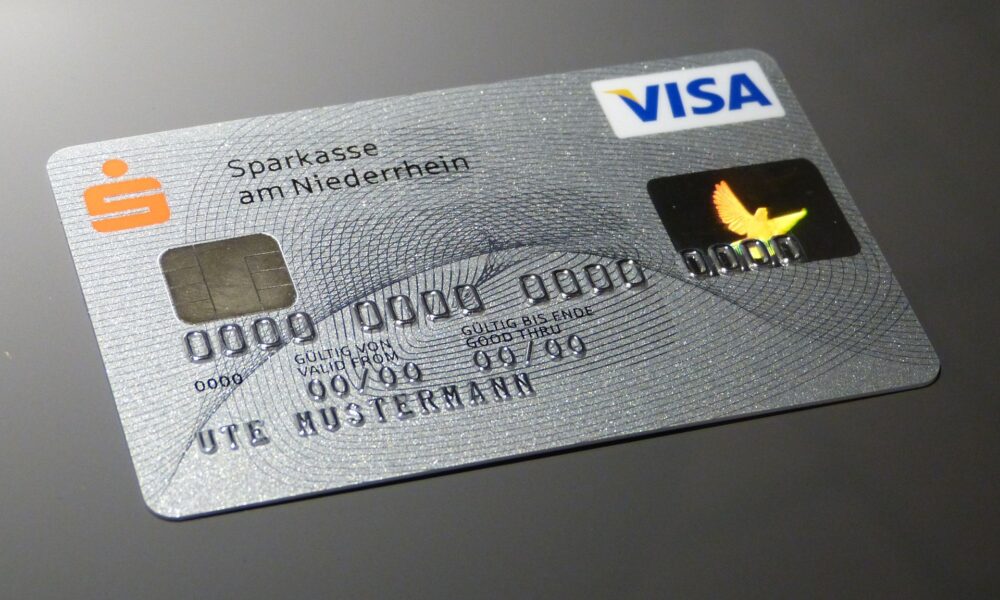Choosing Business Bank Accounts – Facts To Consider

Selecting the ideal business bank accounts can be an essential element of successful operations for any organization. These accounts allow for financial transactions such as cash deposits and withdrawals, checks payments and electronic transfers.
Separate accounts also help keep personal and business expenses separate, which is beneficial when it comes to tax. There are various factors to take into account when selecting business banking accounts such as fees and transaction limits, which is something worth remembering when selecting business accounts.
1. Access to funds
Establishing a separate bank account for your business helps keep personal and professional expenses separate, making income and profit easier to track. Some accounts also offer features and perks like software integration, free wire transfers and credit cards with competitive cashback rates. And You can also go for a business bank account for non-US residents if necessary.
Before selecting a bank, carefully consider its fee structure. Some charge monthly maintenance fees while others waive them if you meet certain deposit and transaction criteria.
If your company employs accounting software, verify if any prospective banks integrate with it. This will enable financial transactions to sync automatically, eliminating manual data entry and streamlining reconciliation; ultimately saving both time and money over time. Also consider whether online or in-person application options exist before making your final decision.
2. Convenience
More business bank account options than ever are now available, from traditional major banks to online banking startups that focus on small businesses. Many accounts provide sign-up promotions such as bonus amounts to attract new customers; it is important that potential account holders review all aspects of these offers before making their final choice.
Consider account fees, online capabilities, accessibility and reputation when researching bank account options for your business. A suitable bank account will enable you to keep separate business finances from personal ones and maintain accurate financial records – something which may come in handy when applying for loans or being audited by the IRS; additionally it can simplify payment processing and decrease risks related to unauthorized transactions. When searching for one that integrates with accounting software such as QuickBooks or Xero for data entry & transaction processing efficiency.
3. Security
No matter if your business is large or small, freelance, gig economy based or freelancing; security should always be taken into consideration when choosing business bank accounts. When selecting bank accounts to meet these needs, look for accounts with multi-factor authentication and transaction monitoring features to detect fraudulent activity and detect any irregularities that might arise from transactions that take place through those accounts.
Not only should you prioritize security when choosing an account provider, but selecting one that seamlessly integrates with your accounting software will streamline reconciliation processes and reduce manual data entry efforts.
Make sure that the account you select meets both your minimum deposit and fee requirements, such as a business account’s minimum balance requirement. If this threshold is breached, additional fees will apply; ATM access should also be checked out as well as interest rates offered.
4. Flexibility
Entrepreneurs must carefully select their business bank accounts. You should take into account how much money will be deposited or spent each month as well as any possible overdraft fees or charges that may occur.
Ideal, you should open multiple accounts for your company: A checking account to manage operating funds; merchant services account to accept credit and debit card payments from customers; online savings account for taxes or larger purchases. By keeping personal and business finances separate, this helps prevent courts from “piercing the corporate veil” and holding you personally liable for debts incurred by your business.
Many banks provide various features designed to meet the individual needs of their clients. For instance, some waive overdraft fees or offer overdraft protection as part of their business banking accounts.
5. Customer service
The ideal business bank accounts offer features to assist with running your company, such as tools to track revenue and expenses. Furthermore, these accounts allow for separation of personal and business finances, which reduces liability in case of legal proceedings or bankruptcy filings. They often come equipped with checking, merchant services and certificate of deposit accounts so you can accept customer payments without incurring fees; and an account specifically dedicated for saving/earning interest on balances.
Before choosing a bank for your business, carefully consider its needs and transaction volume. Review online banking options, fees, interest rates and rewards before reading reviews from other business owners about what their experience with a specific bank was like.





